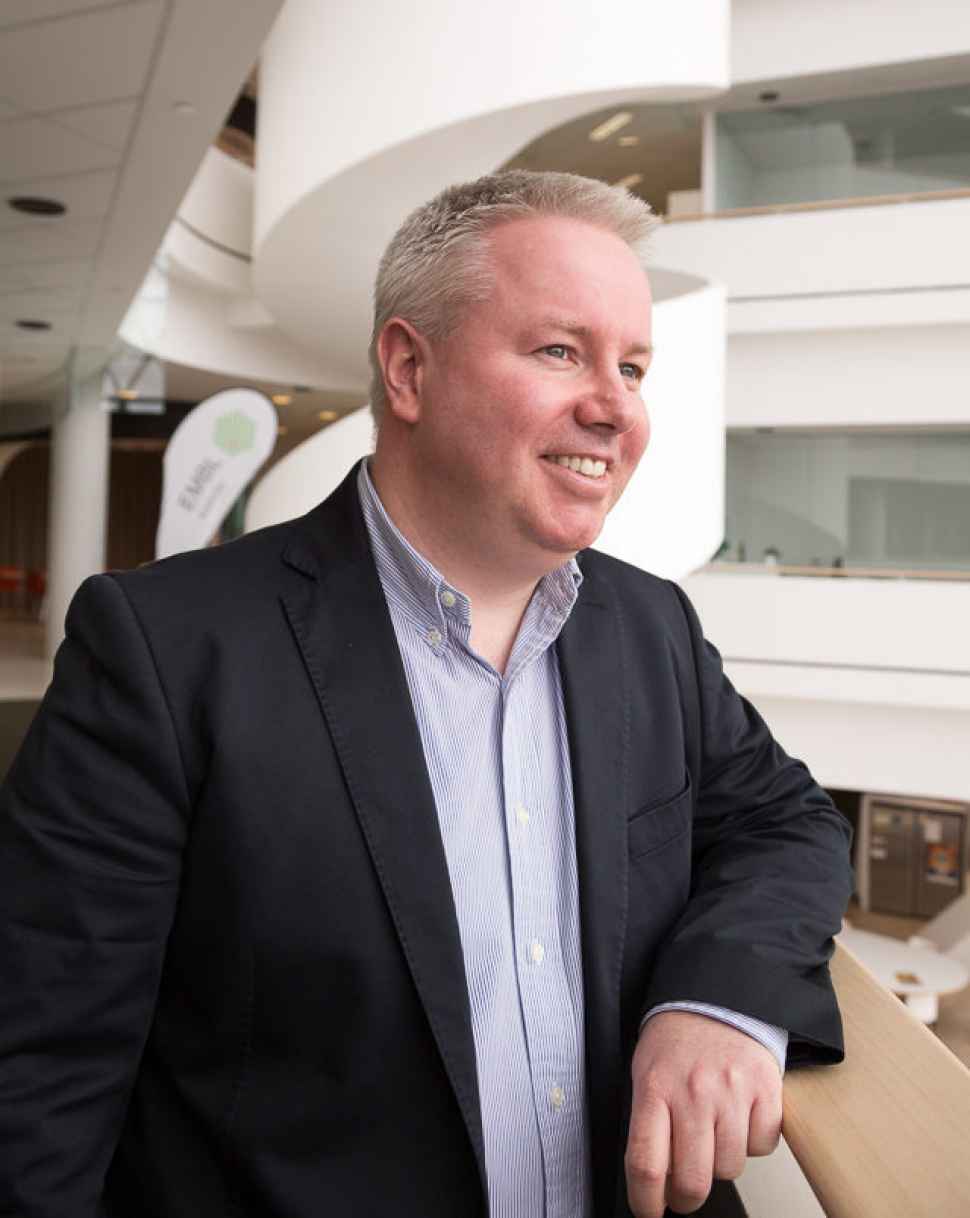Bugs, drugs and beyond
It’s only relatively recently that people have begun to understand the extent to which our microbiome – the collection of microbes we carry on and in ourselves – is inextricably linked to our health, even regulating our immune systems and affecting the behaviour of diseases such as cancer.
Enter David Lynn. The Flinders University Associate Professor is a European Molecular Biology Laboratory (EMBL) Australia Group Leader based at the South Australian Health and Medical Research Institute (SAHMRI) in its Infection and Immunity Theme.
“One of our most exciting areas of research is examining the networks of communication between proteins and genes to develop an understanding of how they work together,” Associate Professor Lynn says.
“We’ve identified there is a ‘normal’ pattern of network function when the body is healthy, but that interactions between proteins and genes change when a cell is affected by a disease.
“If we can ‘flip’ the networks back to their normal operating pattern, we may be able to facilitate new systems of drug delivery.”
In a specially designed wet laboratory, Associate Professor Lynn’s team is also exploring the attributes of the innate immune system in humans, examining the effect of vaccines on a diversity of diseases and attempting to discern if the natural immune capabilities of the body can be “switched on” to be more responsive to attack by disease through general vaccination processes.
Associate Professor Lynn is also continuing to develop novel computational analysis tools to map genetic networks. One of his platforms, InnateDB, has thousands of users worldwide.
It’s work that puts him and his team at the cutting edge of microbiological understanding and offers potential to radically alter approaches to treatment.
One day, Associate Professor Lynn’s work on little “bugs” may provide big breakthroughs in disease treatment, meaning longer, healthier lives for generations to come.









